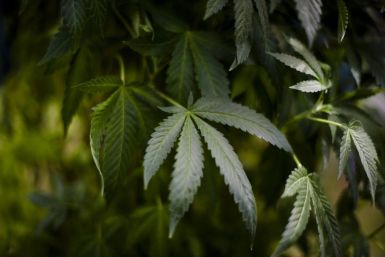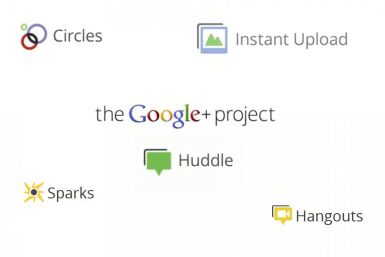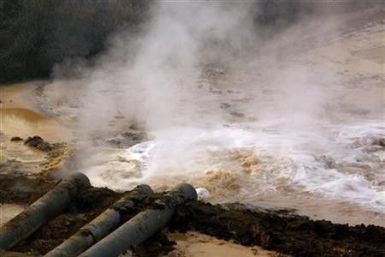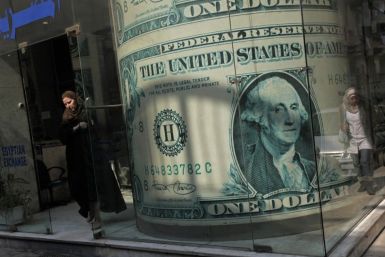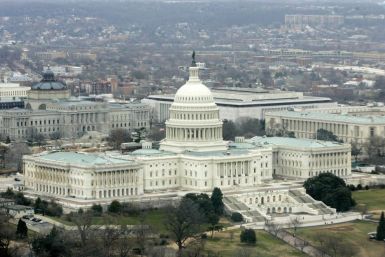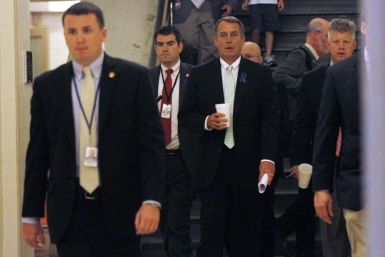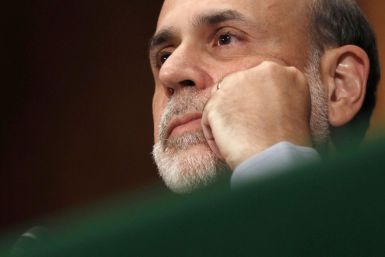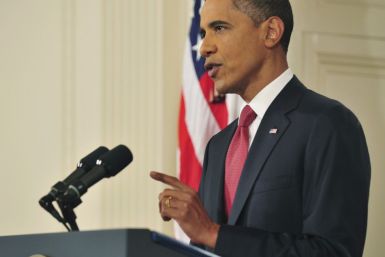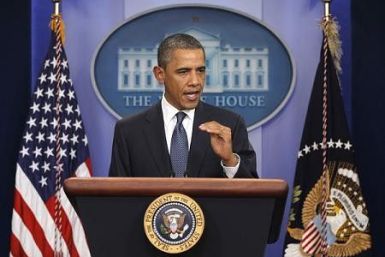The petit right wing terror and Islamic terror with extended networks have gained grounds in Western world for few years.
After two weeks of acrimony, Democrats and Republicans, perhaps after having stared into the abyss, returned to the bargaining table Saturday. Still, no one will believe the issue has been resolved until President Barack Obama signs a bill that raises the debt ceiling and cuts the budget deficit.
Finally, after weeks of incessant, heated rhetoric and counter-productive posturing, there's been a positive development in the debt talks. The White House and both Republican and Democratic leaders Saturday confirmed that they are now in serious talks to raise the debt ceiling and avoid a looming U.S. Government default.
Apple out sold and out profited smartphone rivals in the second quarter this year using phones it introduced at least a year ago, but its upcoming iPhone 5 may push the company out of reach.
Led by Majority Leader Harry Reid, D-Nev., Senate Democrats Saturday worked feverishly to modify Reid's original debt plan in order to attract Senate Republicans. But a GOP Senate filibuster is expected late Saturday or Sunday, which, if it holds, would leave the U.S. without a debt ceiling increase, two days before a default.
Think a U.S. Government default on its debt won't affect you immediately? Think again: a default would likely weaken the dollar substantially, pushing up oil prices almost immediately, and that would send already-high U.S. gas prices to the stratosphere.
He is the author of "The buck stops here." And: "If you can't stand the heat, get out of the kitchen!" And: "If you want a friend in Washington, get a dog." Sounds like the perfect person to solve the U.S.'s seemingly intractable debt deal crisis.
Christine Lagarde, managing director of the International Monetary Fund, said the dollar may weaken if the U.S. Congress fails to raise the U.S. debt ceiling.
The store's sign indicated furniture for sale but the transactions hardly involved the stuff of residential decor: in New York City, 11 people have been arrested for allegedly being part of a drug ring that sold marijuana out of a furniture store.
A do-nothing U.S. House and a president whose political base is starting to wonder what he stands for. Yes, the debt deal impasse is revealing a crisis of leadership in Washington. It?s as if the U.S.?s highest elected officials have forgotten what?s important. Former President Harry S. Truman always knew. And he led.
U.S. gross domestic product (GDP) rose just 1.3 percent in the second quarter and a scant, revised 0.4 percent in the first quarter -- statistics that reveal a U.S. economy that's not only growing at a very slow rate, it's in danger of falling back into a recession.
Google's new social networking site, Google+, witnessed a dip in traffic growth, according to Experian Hitwise, which tracks Web traffic.
With less than five days until a U.S. Government default, incredibly, neither House Speaker John Boehner, R-Ohio, nor Senate Majority Leader Harry Reid, D-Nev., has a bill capable of attracting the bipartisan support needed to raise the debt ceiling. And understandably, financial markets are getting more nervous by the day.
Japanese imports of rare earths from China fell 13 percent in June to 1,386 tonnes as a rise in prices made it unaffordable to many Japanese hi-tech companies.
To be sure, long-term, the U.S. budget deficit must be eliminated. But if policy makers cut federal spending too much, too soon during a period of weak demand, the result will be another recession.
Talk about spinning wheels, Congressional Democrats and Republicans, incredibly, made no progress Thursday toward raising the debt ceiling, even as a U.S. default nears on Tuesday.
U.S. initial jobless claims fell last week by 24,000, to a 3-month low of 398,000, according to the Labor Department.
There's no way to sugarcoat it: financial markets have started to react to the possibility that the U.S. Government might default. Democrats and Republicans in Washington appear to be no closer to a debt deal Thursday than they were last week -- and a damaging default is now staring the nation -- and global markets -- in the face.
There may be a way-out of the U.S. debt deal impasse, if rationality prevails inside the beltway. True, rationality and 'inside the beltway' are not usually linked, but the path to impasse resolution still exists, even at this late stage.
The Greek sovereign debt crisis has been resolved, and NFL owners and players have inked a new contract. Is a debt deal between Democrats and Republicans up ahead? As the saying goes -- "things occur in threes."
The Obama administration is in talks with General Motors (GM) and Ford (F) for the framework of an agreement that would raise the U.S. fuel economy average to 54.5 mile per gallon (mpg) in 2025.
There was little good news on the debt deal front early Wednesday: Democrats and Republicans are working on separately debt reduction plans, neither of which is likely to pass both chambers. A debt deal at this late stage is looking increasingly less likely.
BP announced second quarter earnings of 5.3 billion on Tuesday, a stark contrast from last year's second quarter loss of $17.15 billion, behind profits from skyrocketing oil prices.
Assuming President Barack Obama and Congressional Republicans can not resolve the debt deal dispute in eight days, the unfathomable will happen -- a default by the U.S. Government. But that begs the question: what will the U.S. Federal Reserve do, if the U.S. Government defaults?
At this juncture, the most likely solution to the acrimonious stalemate on Capitol Hill between Democrats and Republicans that threatens to trigger a dreaded U.S. Government default may be a hybrid plan combining elements of bills by Senate Majority Leader Harry Reid, D-Nev., and by House Speaker John Boehner, R-Ohio.
Home prices in 20 major U.S. cities rose 1.0 percent in May, Case-Shiller announced Tuesday, as the sector benefited from the arrival of the warmer months -- historically a period when home sales rise. Still, the housing sector remains sluggish, and several more monthly rises will be necessary to conclude that a recovery is underway.
The debt talks enter a critical stage Tuesday, and there's little time left to waste on rhetoric. The two parties have less than eight days to devise a plan to cut the deficit and raise the debt ceiling. U.S. and global stock and bond markets have remained calm and patient, but that may change soon, if the markets don't see progress in D.C.
Chinese smelters expect supplies of copper concentrate to rise as early as late 2012, paving the way for higher charges, as neighbouring Mongolia's Oyu Tolgoi copper and gold mine starts to come onstream, industry sources said on Tuesday.
President Barack Obama, in an address to the nation Monday night, reiterated the need for a "balanced approach" to deficit reduction -- one that includes both substantial budget cuts and revenue increases, and he warned that if the debt ceiling is not raised, it would trigger a "deep economic crisis."
Research in Motion's announcement on Monday of intentions to lay off 2,000 employees, about 10 percent of its workforce, did nothing to inspire investors that the company can rebound from its current slump.


















